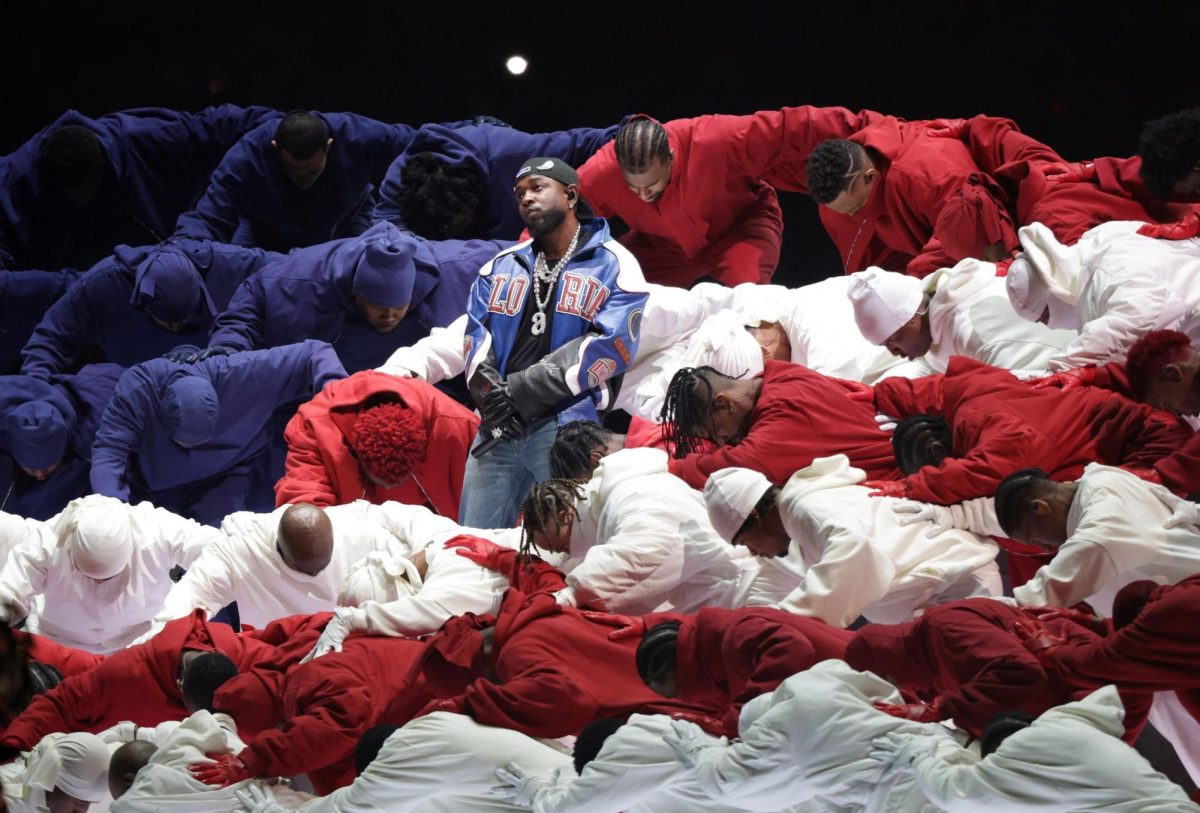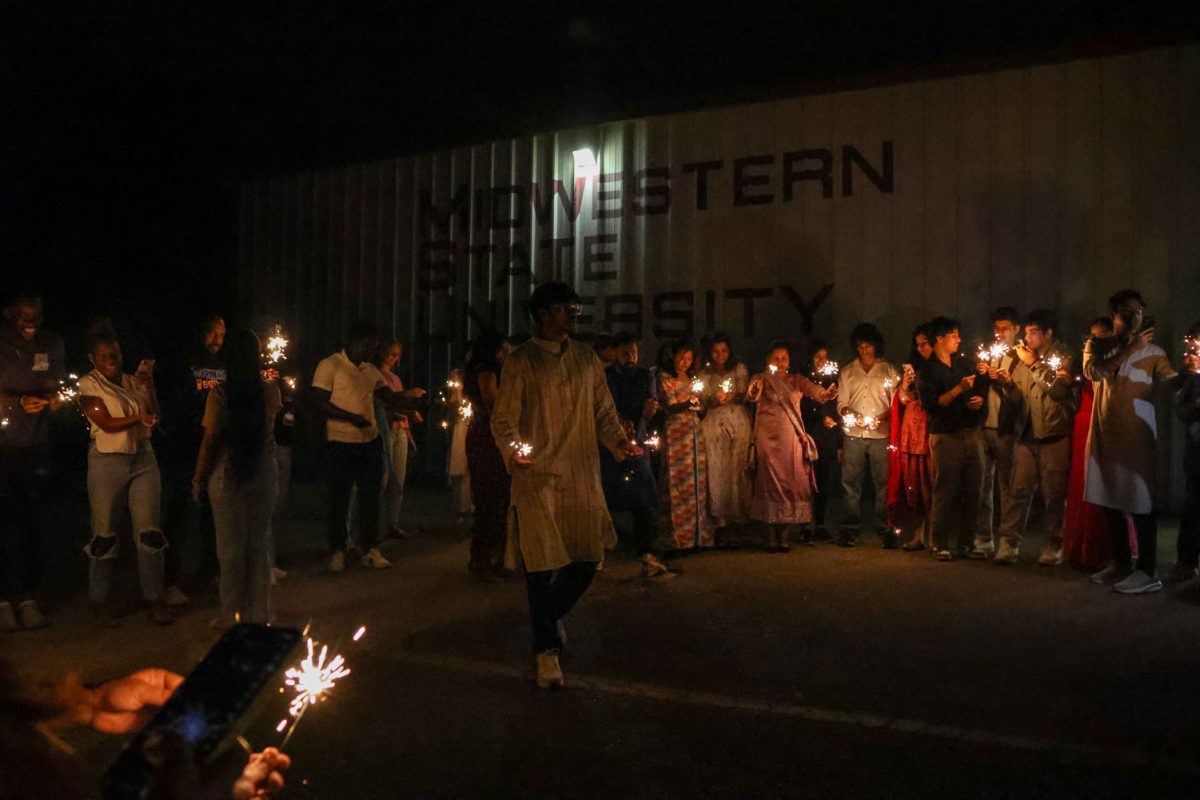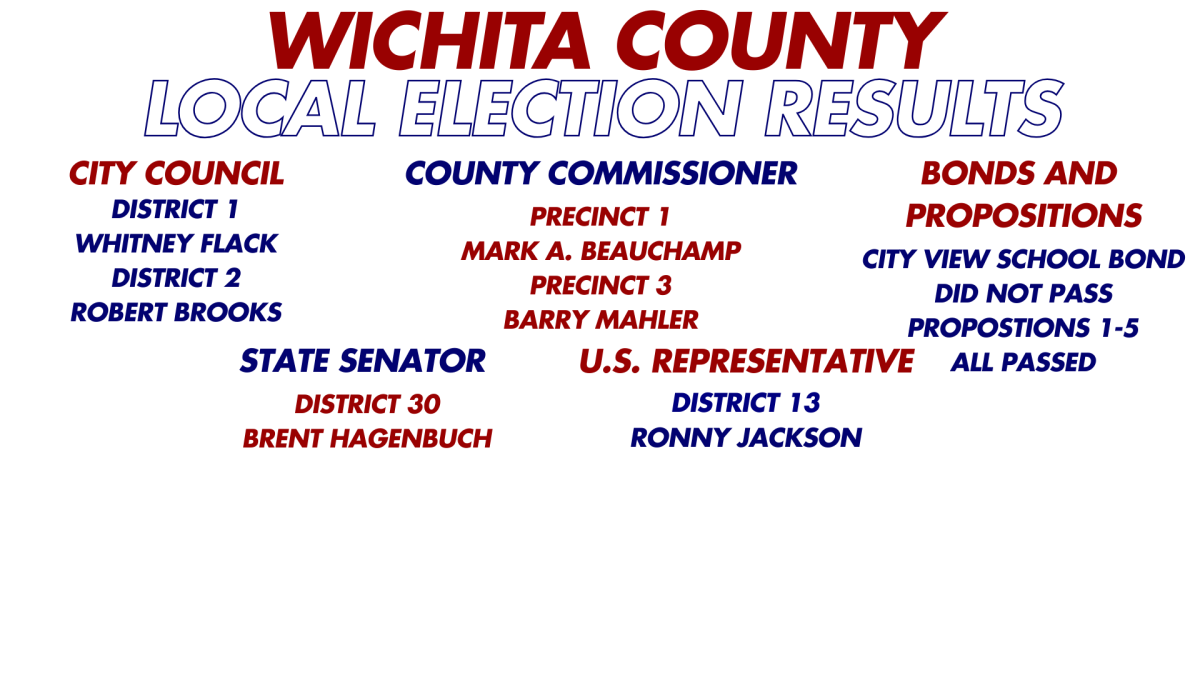In collegiate sports one of the most common, realistic goal for any coach or player is to get to post-season play. If a team has a bad regular season but do better than expected in the post-season then the season will generally be looked back upon as a successful season. A team that has an excellent regular season but loses immediately in post-season will be looked back as a team that underperformed, a disappointment. Post-season play is a very good measuring stick for a teams success. For potential recruits, a teams past performance in post season play is often a big deal in determining if the recruit will go to that school or not. Coaches are judged by whether or not they reach post-season play. We see talk of post-season play in the media all around us. The NFL playoffs, March Madness, college football’s bowl games. A lot of times, reaching and succeeding in post-season play is the determining factor in whether a coach keeps his job or not. It can be the determining factor in whether a long time athletic booster continues his monetary support for the program. The pressure to reach and succeed in post-season play is very alive and well in today’s world of college athletics, as it should be.
Post-season is sometimes a make or break for a coaches career. You can have all the success in the world in the regular season, but lose early in the post-season and the season is looked at as a failure. But opposite is also true. Teams that had a poor regular season but still advanced to post-season can redeem themselves through a strong post-season run.
There are a lot of instances of teams with mediocre regular season records, barely making it to post-season play, and doing well. Take UAB’s 2014-2015 men’s basketball season. After finishing the regular season with a record of 16-15, the only way UAB was going to qualify for post-season play was to win the conference tournament. With a .516 winning record, third-year UAB coach Jarrod Haase was looking at finishing with yet another season around .500 and thus beginning to feel the his seat warm up. UAB won three games in a row, taking the Conference USA title and automatic berth into the NCAA tournament. UAB then beat #9 ranked Iowa State in the first round of the NCAA tournament before falling to UCLA in the second round. This set the stage for Haase to take the head coaching position two years later at Stanford.
On the other end of that spectrum are the highly touted squads who get knocked out early. We don’t have to look too far to find an example of this. Just last year MSU’s basketball team finished the season with a record of 24-5. We were seeded 1st in the South Central region and fifth in the nation by the Division 2 media poll. We faced Lubbock Christian, an underdog who’d been beaten in the first round of their conference tournament. Unfortunately, we were unable to get past LCU which brought our season to a screeching halt. Despite being ranked fifth in the country and being a 1 seed our season was over. It almost felt like a disappointing season.
Former athletic director, men’s basketball coach and current men’s and women’s golf coach, Jeff Ray, has dealt with the pressures of being successful in the post-season his entire career in athletic administration and coaching.
“Post-season play really is a big deal. I can remember, as a basketball coach, some of my better teams didn’t advance very far in the NCAA tournament (post-season). It felt like they weren’t as good as some of my other squads simply because they didn’t advance in the tournament,” Ray said, “Just last year, look at what happened to the men’s basketball team. At this level you are expected to make the post-season and to be successful in the post-season. If you don’t, then you won’t have a job for long.”
MSU fielded five sports this fall including volleyball, football, men’s soccer, women’s soccer, and cross country. Of those five, four made it to post-season play with only volleyball failing make post-season play.
Men’s soccer continued their long storied tradition of winning by finishing with a record of 18-4-1 and making it all the way to the national quarterfinal before falling to UC San Diego. This marks the 6th time men’s soccer has made it to the national quarterfinals. Men’s soccer have also won conference 10 times in the past and advanced to the national semifinals twice.
Women’s soccer had a successful season as well, finishing 13-6-4 and advancing to the sweet 16 of the national tournament. They ladies also took the Lone Star Conference post-season tournament title, making it the third time they have done so, the first time since 1998.
Football had a solid season, finishing at 8-3 before falling in the first round to Ferris State. Football has traditionally been strong, winning three LSC championships since 2009. This year was the 7th year football has advanced to post-season play.
Cross Country had a solid season as well, winning the LSC conference title as well as finishing second at the Oklahoma Baptist Invitational, third at the University of Central Oklahoma Run, and fourth at Division 1 UT-Arlington’s Gerald Richey Invitational. After winning conference cross country went on to a good showing at regionals, finishing 9th in a field of 32. This year’s conference championship was the 6th conference championship in program history.
Volleyball was the lone program not to advance to post-season play after losing to Angelo State in the first round of the conference tournament. Volleyball finished the season with a 12-21 record. Volleyball has appeared at the national tournament once in 2007.
The coaches aren’t the only people post-season play is important to. It means just as much to the players. Women’s soccer player, Sarah Stewart chemistry freshman was drawn to MSU because of the possibility of post-season play.
“The possibility of getting to post-season play was definitely a big factor in my coming here. Our program has a tradition of being strong and advancing to post-season and I wanted to be a part of that.” Stewart also talked about the press of advancing to post-season play, “We strive to get to the post-season. Everybody expects us to get to regionals, nationals. You definitely feel the pressure. But you want the pressure, it’s what drives us to be great.”
Thomas Smith, senior geology said one of the biggest factors in him coming to MSU was the possibility of post-season play.
“I transferred in from Wayland Baptist because I wanted a chance to compete for a championship. We haven’t quite played up to our expectations this fall but that can all change with a strong run at regionals, qualifying for nationals and doing well there this spring.
Post-season play also puts an additional strain on student-athletes because of extra practice time and the possibility of having to travel long distances. Micheal Gerst, junior business has experienced that first hand.
“Post-season is a big deal to us. What we do in the regular season means nothing if we fail to advance in the post-season. So because of this we do everything we can to adequately prepare. This oftentimes means missing an extra day of class to travel to a location far from home, like we did this year going to up to Michigan.” Gerst said, “This can definitely effect our academics, missing class and everything. And you just know that it’s a big deal for the coaches, whether its salary bonuses or just keeping their job. It means a lot to the school and the town in general.”
For some of the springs sports, like golf, post-season play can put an even bigger damper on school work due to post-season taking place deep into the spring, during the time finals are taking place. Smith said the stress of having post-season play conflict with finals can be very tough at times.
“Every year it seems like regionals is during the finals week, so a lot of times we end up taking our finals early. Because we want to be sharp for regionals we try to practice more than usual. But at the same time we’re trying to prepare for our finals. It is very tough.” Smith said, “We’re expected to do well in the classroom but we’re also expected to do well in the post-season. Really, it’s all about time management. Sometimes though it seems as if their aren’t enough hours in the day.”












